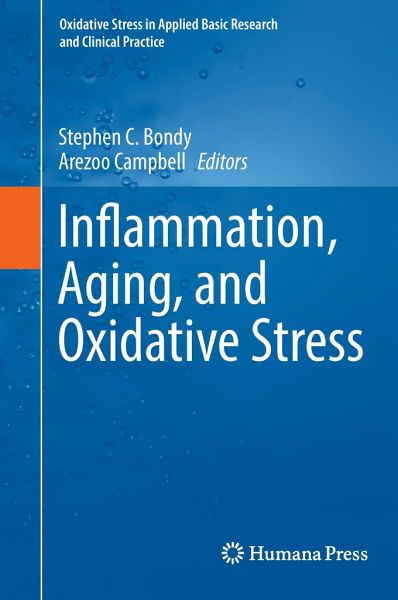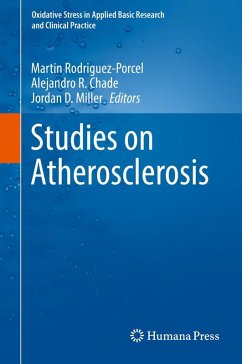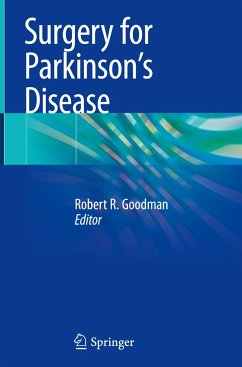
Inflammation, Aging, and Oxidative Stress

PAYBACK Punkte
61 °P sammeln!
The book describes the major degenerative processes and pathologies exacerbated by senescence and how they can be alleviated through retardation of cellular aging. Topics discussed include neurodegenerative disease, protein oxidation, cerebrovascular disease, particle-induced inflammation and cardiovascular disease, Alzheimer's disease, ovarian aging, dietary and endogenous anti-oxidants in management of Parkinson's disease, and effects of exercise on oxidation and inflammation. The nineteen expertly authored chapters are organized into three sections in order to present a complete picture to ...
The book describes the major degenerative processes and pathologies exacerbated by senescence and how they can be alleviated through retardation of cellular aging. Topics discussed include neurodegenerative disease, protein oxidation, cerebrovascular disease, particle-induced inflammation and cardiovascular disease, Alzheimer's disease, ovarian aging, dietary and endogenous anti-oxidants in management of Parkinson's disease, and effects of exercise on oxidation and inflammation. The nineteen expertly authored chapters are organized into three sections in order to present a complete picture to the reader: Age Related Cellular Events, Role of Inflammatory and Oxidative Processes in Age-Related Diseases, and Retardation of Cellular Aging.
Inflammation, Oxidative Stress and Age-Related Disease draws from a variety of international perspectives and provides a comprehensive overview of the relationship between disease, cell aging, and oxidative stress, as well as potential for preventing or slowing these processes. This installment of Springer's Oxidative Stress in Applied Basic Research and Clinical Practice is ideal for researchers, clinicians, and advanced graduate students in the fields of cardiology, neuroscience, biogerontolgy, and cell biology.
Inflammation, Oxidative Stress and Age-Related Disease draws from a variety of international perspectives and provides a comprehensive overview of the relationship between disease, cell aging, and oxidative stress, as well as potential for preventing or slowing these processes. This installment of Springer's Oxidative Stress in Applied Basic Research and Clinical Practice is ideal for researchers, clinicians, and advanced graduate students in the fields of cardiology, neuroscience, biogerontolgy, and cell biology.














